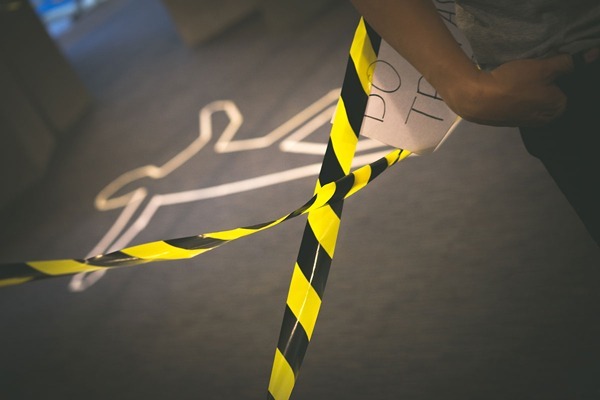Crime scenes are grim realities that require immediate attention and cleanup. This challenging and sensitive task should only be handled by trained crime scene cleanup professionals. These cleaning experts are equipped with the necessary knowledge, skills, and equipment to clean and sanitize crime scenes properly, ensuring the safety of everyone involved.
However, never underestimate the risks and dangers of handling a crime scene. Proper protocols and guidelines must be followed to avoid further harm or contamination. This blog post discusses some of the do’s of crime scene cleanup to keep you and your cleaning experts safe.
1. Don’t Attempt DIY Cleanup | Crime Scene Cleanup
Cleaning up a crime scene is different from your regular household cleaning. It involves handling potentially hazardous materials such as blood, bodily fluids, and other biological matter that may contain harmful pathogens or infectious diseases. Also, improper cleaning can lead to cross-contamination, making the situation even more dangerous.
It is always best to leave crime scene cleanup to professionals trained and equipped to handle such sensitive and hazardous situations. They have the necessary training and expertise to properly clean, disinfect, and decontaminate the area, ensuring the safety of everyone involved.
2. Don’t Enter the Crime Scene Unprotected
Entering a crime scene without proper personal protective equipment (PPE) is a major safety hazard. You could expose yourself to various pathogens and hazardous materials, risking your health. Proper PPE includes gloves, masks, goggles or face shields, coveralls, and shoe covers.
It is also essential to wear the appropriate PPE for the cleanup job. For instance, a different level of protection is needed to clean up a crime scene involving blood and bodily fluids than one involving hazardous chemicals.
3. Don’t Touch or Remove Anything
Every piece of evidence at a crime scene is crucial in determining what happened and who was involved. Touching or removing items from the scene can compromise the evidence and hinder the investigation. It is important to leave everything until law enforcement officials have collected all necessary evidence.
If you are not at a crime scene but in a situation involving hazardous materials such as blood or bodily fluids, avoid touching or removing anything without proper training and equipment. This includes avoiding contact with contaminated surfaces, objects, and clothing.
4. Don’t Just Dispose of Materials Anywhere
Proper disposal of hazardous materials is crucial to prevent further contamination and harm. It is important to follow protocols and regulations set by authorities for disposing of materials such as blood and bodily fluids, chemicals, and other hazardous items.
If you are involved in a cleanup job at a crime scene, consult law enforcement officials on proper disposal procedures. If handling hazardous materials, follow designated disposal methods and never dispose of them in regular waste bins or down the drain.
Hire Professionals for Crime Scene Cleanup
ServiceMaster of Greater Pittsburgh provides top-graded crime scene cleanup services in Pittsburgh. Allegheny, Beaver, Butler, Westmoreland, and Washington Counties. Our cleaning experts are trained in handling hazardous materials and following proper protocols to ensure a safe and thorough cleanup process.
We understand these situations are sensitive and require compassion, discretion, and professionalism. We ensure that the affected area is restored to its pre-incident condition, leaving no trace of the traumatic event. Contact us today.

